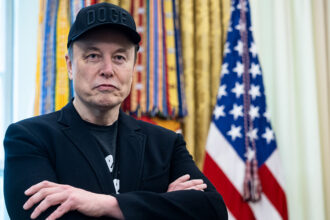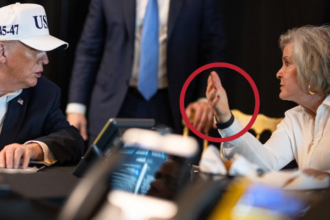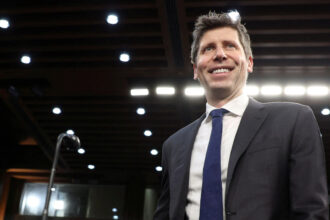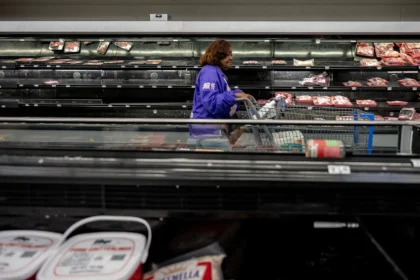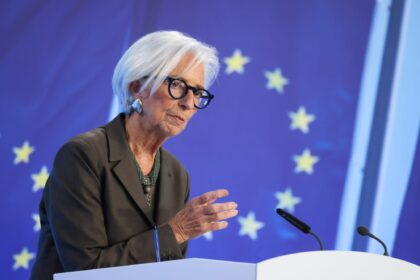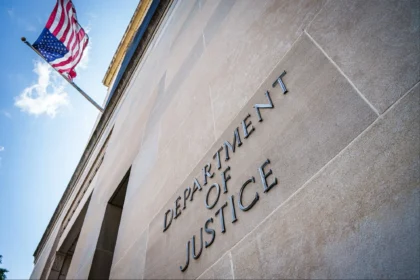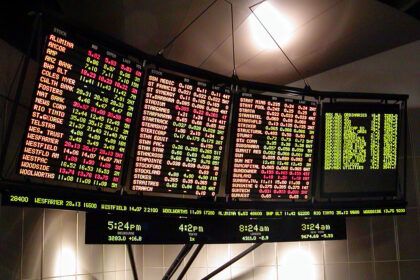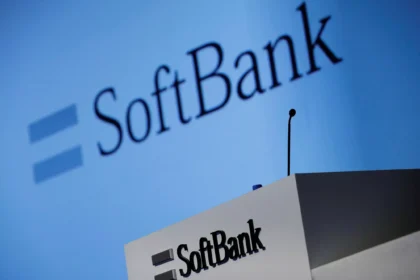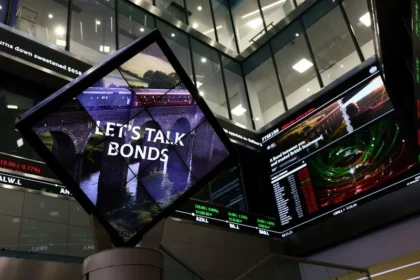If one story captures the tension forming at the intersection of artificial intelligence and the modern labor market, it is the case of British comedian and copywriter Richard Stott. Invited to interview for a freelance writing role, he walked away after learning the interviewer would be an algorithm, not a person. At YourDailyAnalysis, we read this not as a freelancer’s whim but as an early cultural marker: the moment AI crosses into spaces tied to personal identity and dignity, the reaction becomes visceral. Automating warehouses is one thing; automating human recognition and value assessment is another.
Employers, especially in high-competition fields, are racing to cut hiring costs and shorten pipelines. Inside large companies, AI already screens resumes, arranges interviews and runs background analysis. But Stott’s response reflected a growing sentiment: where uniqueness, tone and creative intuition matter, a machine-mediated evaluation feels not just impersonal but diminishing. At YourDailyAnalysis, we see this as a signal particularly relevant to creative and knowledge-heavy roles – when the first touch is algorithmic, candidates infer a culture where human nuance may be secondary.
This is not philosophical resistance; it is rational behavior. Companies risk losing top talent when they outsource early-stage judgment to models. HR strategists broadly agree: AI excels at deterministic screening, keyword matching and filtering for basic qualifications. But where motivation, maturity and cultural fit come into play, AI remains a tool, not a final arbiter. Recent examples from logistics companies to consumer brands have shown how automated systems mishandle nuance, triggering reputational blowback and customer frustration.
Balance is becoming the new hiring frontier. Leading employers are shifting to hybrid pipelines, clearly informing candidates where AI assists and where a human steps in. Those who fail to do so face distrust, declined interviews and negative brand perception – particularly among candidates who have options. AI in hiring works best when it accelerates operations rather than replacing empathy and judgment. This is not sentimentality; trust directly impacts funnel strength and talent quality.
Still, AI-driven recruitment is accelerating. Enterprises are piloting autonomous screening agents, and regulators are considering requirements to disclose algorithmic involvement as well as a “right to human review.” At YourDailyAnalysis, we see a governance layer forming around hiring: companies will need to justify model outputs, monitor bias and establish appeals processes. What began as an HR trend is quickly turning into compliance and risk management.
The playbook for employers is clear: don’t “replace interviews.” Build layered systems where AI handles routine tasks and humans own evaluative moments. Practice transparency, provide feedback, and maintain human oversight. Invest in high-quality data – flawed inputs make AI a faulty gatekeeper. Most critically, remember candidates are assessing your culture through every interaction.
For professionals, the implication is complementary: learn to work with AI hiring tools, but safeguard your individuality. Ask how algorithmic decisions are made, where human intervention occurs and who bears final accountability. Declining a bot interview isn’t technophobia – it can be a strategic stand for professional agency.
AI will undoubtedly reshape hiring. But winners will be those who treat it not as a replacement for human judgment but as a multiplier of it. As we emphasize at Your Daily Analysis, the future of recruitment will not be defined by algorithmic authority but by thoughtful integration. In the new talent economy, preserving the human layer where it matters most is not resistance to innovation – it is the competitive edge that will separate leaders from followers.




